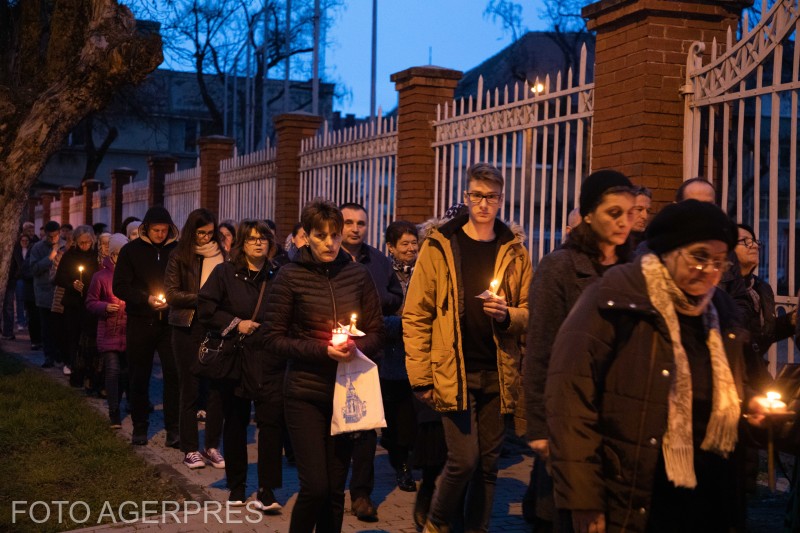Political developments in Chisinau
The political context is tense in Moldova, where the pro-Western Prime Minister resigned last week and pro-Russian candidates prevailed in the first ballot of local elections on Sunday

Bogdan Matei, 15.06.2015, 12:50
Last year the Republic of Moldova was commonly seen as the best-performing country in the Eastern Partnership. The reforms introduced over the last five years by pro-Western Cabinets led by Vlad Filat and Iurie Leanca were rewarded with association and free trade agreements that Moldova signed with the EU. Riding the wave of euphoria, at the time politicians said the Republic of Moldova might join the EU as early as 2020, in the event Romania holds the rotating presidency of the EU.
But things took a turn for the worse last autumn. In the parliamentary elections, pro-Western parties secured the majority required to keep the ruling coalition in place. The Liberal Party however, advocating closer relations with Romania and Brussels, chose to switch to the opposition, which prompted Prime Minister Leanca to resign from the Liberal-Democratic Party. In February, the minority coalition, now made up of the Liberal-Democratic Party and the Democratic Party, designated a young pro-Russian businessman Chiril Gaburici as the new Prime Minister. Last Friday, Gaburici handed in his resignation, in the wake of a nationwide scandal involving allegations that Gaburici forged his Baccalaureate diploma.
Despite its reported pro-Western orientation, his Government had been vocally criticized, accused of being corrupt and ineffective. On numerous occasions, thousands of people took to the streets, calling on coalition leaders to step down. Protesters see the current ruling class responsible for the disappearance of 1 billion dollars from the banking system, a sum which is impossible to account for.
The political class last weekend took another blow, due to the high absenteeism in Sundays local elections, young people in particular. The elderly and pro-Russian diehards on the other hand showed up in high numbers, and in some cases, even managed to secure the position of their candidate without the need of a second ballot, as is the case of the populist candidate Renato Usatii, a controversial businessman who won 70% of Sundays vote and thus became the new Mayor of Balti, northern Moldova.
Known for his political and financial affluence with Moscow, and suspected of having ties with the local crime lords, Usatii will run the second-largest city in Moldova. In the capital city Chisinau, home to a third of the countrys population and accounting for half of its GDP, the election had huge geopolitical underpinnings. In the second ballot, voters will have to choose between acting mayor Liberal Dorin Chirtoaca, a Bucharest Law School graduate who overtly takes pride in his Romanian identity, and former Communist Prime Minister Zinaida Greceanii, who is running on behalf of the pro-Russian Socialist Party.
The choice, analysts say, is also one between Europe and Russia. Analysts believe the outcome of the local elections will also have major consequences on the possibility of reforging the pro-European ruling coalition, one that should right the wrongs of Gaburicis Cabinet.






























